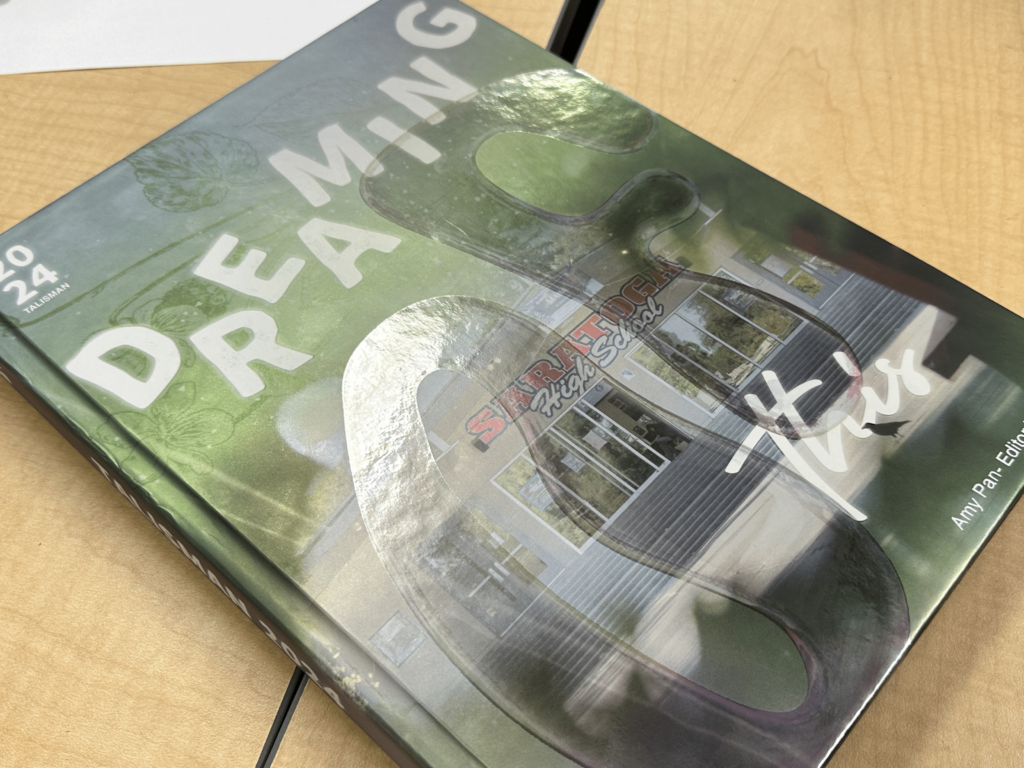Freshman David Zarrin wants to change the way people think about bicycles. With a first place prize in engineering from the International Science and Engineering Fair under his belt, he may very well do so.
“I learned of the issues of today’s bicycle through experiencing them myself as I rode my bike,” Zarrin said. These problems, he said, primarily relate to limited gear ratios, no backwards pedaling capability, and inefficient gear shifts.
Zarrin eventually spent more than 600 hours on the project from October to March—brainstorming, building prototypes and tweaking them. The final product, a contraption he calls the SmartBike, improves upon the energy efficiency of contemporary bicycles by an estimated 50 percent.
By any measure, that’s a monumental improvement. Science fair judges agreed: Zarrins bicycle was one of just a handful of projects to qualify to the International Science Fair (ISEF) from the regional Synopsis Science Fair, and went on to win a first place prize in the engineering category at ISEF out of more than 200 projects. ISEF is one of the most competitive science exhibitions in the world, with projects from over 59 countries.
“It was an amazing feeling to be up there on the stage with the brightest students in science from around the world,” he said.
For his ISEF prize, Zarrin won $5,000 and gets to have an asteroid named after him. The merits of participating, and winning, in the science fair span far beyond monetary awards and personal celestial bodies, Zarrin said. Rather, it is the experience and attained knowledge that are the greatest benefits of doing the science fair.
“[Participating in the science fair] has helped tremendously with my confidence as a public speaker,” Zarrin said. “It has also taught me how to convey a complex idea to somebody without any knowledge on the topic in a short time.” Zarrin has had a lot of practice—having participated in the science fair since sixth grade.
With his breadth of experience, Zarrin has some advice for the aspiring scientist. “If you have an idea for a science fair project, pursue it and enter the science fair,” he said. “It is a great experience.”


























